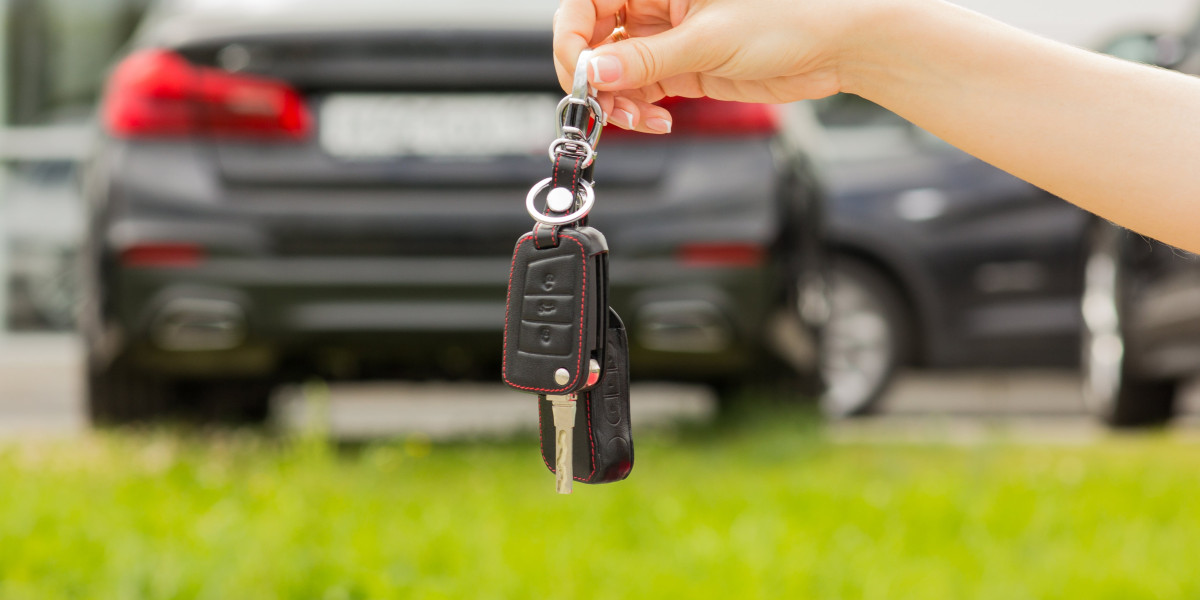Auto Car Key Replacement: A Comprehensive Guide
Car keys are necessary components of vehicle ownership. They guarantee the security of the vehicle and help with easy access for licensed users. Nevertheless, losing or harming car keys can be a frustrating experience. Comprehending the procedure of auto key replacement car key replacement can help car owners browse this unanticipated circumstance effectively. This short article looks into the types of car keys, the replacement process, costs involved, and often asked concerns to offer readers a well-rounded understanding of auto car key replacement.
Comprehending Car Keys
Car keys been available in numerous types, each created for particular security standards and technologies. The most typical types consist of:
- Traditional Metal Keys: The basic keys utilized for older models, typically easily replicated.
- Transponder Keys: Equipped with a little chip that interacts with the car's ignition system, these keys boost security by preventing unauthorized usage.
- Remote Key Fobs: These permit for keyless entry and, sometimes, engine start. They typically include a transponder chip.
- Smart Keys: A more innovative type of key that makes it possible for keyless entry and ignition. The owner can start the vehicle while still in their pocket or purse.
- Keyless Entry Systems: Activated through proximity sensing units, allowing the driver to unlock and begin the vehicle without physically utilizing a key.
Table 1: Types of Car Keys
| Type of Key | Description | Security Level |
|---|---|---|
| Conventional Metal Key | A fundamental key for unlocking and beginning older vehicles | Low |
| Transponder Key | Contains a chip for electronic interaction | Medium |
| Remote Key Fob | Enables keyless entry and may consist of remote start | High |
| Smart Key | Supplies keyless entry and functionality with distance | Very High |
| Keyless Entry System | Opens and begins vehicle immediately | Extremely High |
The Auto Car Key Replacement Process
When confronted with a lost or damaged car key, comprehending the replacement procedure is important. Here are the actions involved:
1. Examine the Situation
Before taking any action, validate whether the key is really lost or harmed. Look for spare keys or other possible hiding spots within the vehicle or home.
2. Collect Necessary Information
Once it's validated that the key is certainly missing out on or broken, collect necessary information about the vehicle. This details normally consists of:
- Make and model of the vehicle
- Year of manufacture
- Vehicle Identification Number (VIN)
- Proof of ownership (vehicle title, registration, or insurance coverage)
3. Select a Replacement Method
Car owners have numerous choices for changing lost or broken keys. The very best option often depends upon the kind of key included:
- Dealership: The dealer can develop a brand-new key based on the VIN, which is a safe way to ensure you get a key that deals with your vehicle.
- Locksmith: A qualified automotive locksmith professional can be more economical and convenient, particularly for transponder keys or clever keys.
- Do It Yourself Key Replacement Kits: Available at automotive shops, these kits may appropriate for conventional keys, but care is advised for modern-day keys.
4. Obtain a New Key
As soon as the chosen option has actually been chosen, the next step includes either checking out the dealer or locksmith to have the brand-new key developed. Make sure the car exists if it's required for programming functions.
5. Program the New Key
Depending upon the kind of key, shows might be necessary. This guarantees that the brand-new key is recognized by the vehicle's ignition system. Car dealerships and locksmiths typically have actually the tools required for this.
6. Evaluate the Key
After programming, test the key to guarantee it operates in both the ignition and locks.
7. Consider Additional Security
If a key is lost, it might position a security risk. In such cases, think about reprogramming the vehicle's locks or the transponder system to avoid prospective theft.
Expense of Auto Key Replacement
The expense of changing a car key varies significantly based on several aspects, including vehicle make and design, and the methodology used for replacement. Here is a general expense breakdown:
| Replacement Method | Average Cost Range |
|---|---|
| Dealer | ₤ 150 - ₤ 500 |
| Automotive Locksmith | ₤ 100 - ₤ 300 |
| Do It Yourself Key Replacement Kit | ₤ 10 - ₤ 50 |
FAQs About Auto Car Key Replacement
Q1: Can I replace my car key myself?
A1: Depending on the type of key, you can use DIY packages for standard metal keys. However, contemporary keys often require professional programming.
Q2: How long does it require to get a replacement key?
A2: The procedure can take as little as 30 minutes for locksmiths however may take longer at dealers, especially if unique purchasing is required.
Q3: What if I lose my only car key?
A3: If the only key is lost, you might need to have your vehicle hauled to a locksmith professional or dealer for a replacement.

Q4: Is it cheaper to get a key made at a dealer or locksmith?
A4: Generally, locksmith professionals can provide a more economical solution, specifically for non-high-security keys.
Q5: What can I do to avoid losing my car keys in the future?
A5: Consider utilizing key finders, key hooks, or designated areas in your home or car for simple gain access to.
Reliable auto car key replacement is a crucial aspect of vehicle ownership. Understanding the types of keys, the replacement procedure, and the associated costs can assist car owners make informed choices when confronted with lost or harmed keys. By being proactive, people can decrease the inconvenience and possible expenses related to key replacement.








